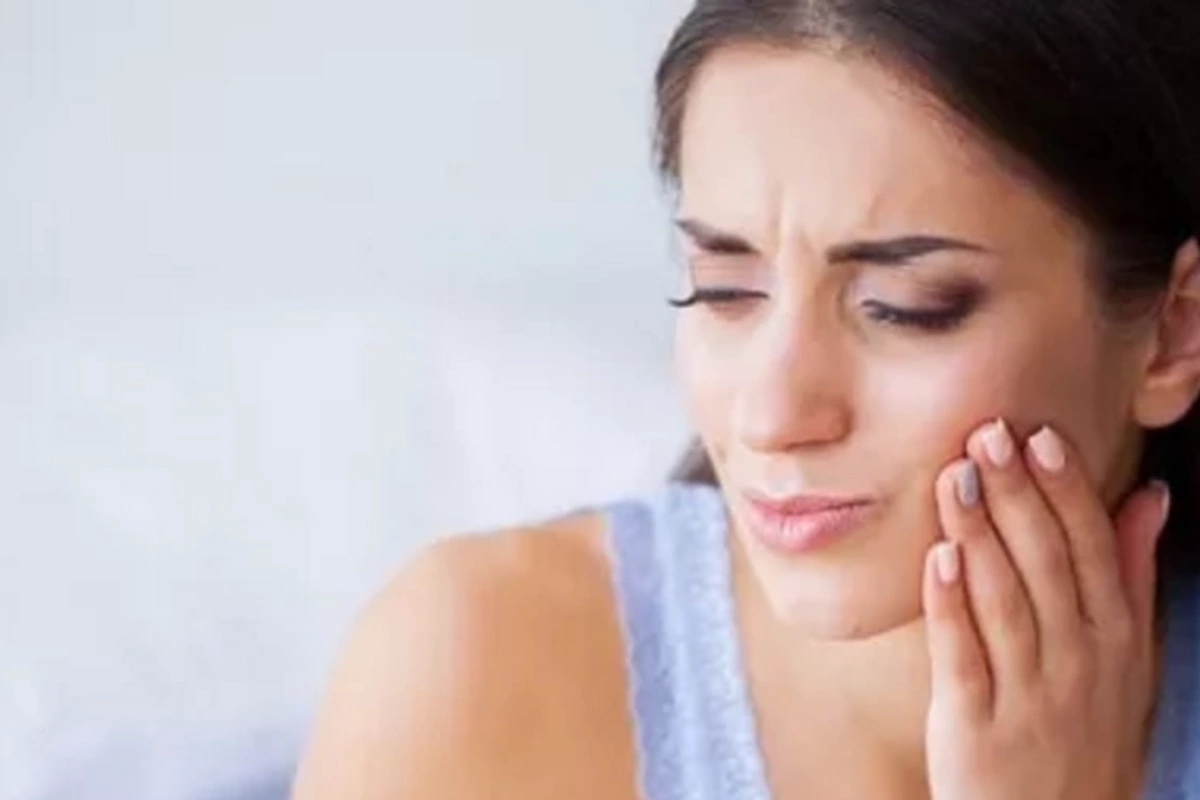15 Apr , 17:57 2025
4

Bruxism: when teeth grinding may signal serious diseases
Involuntary clenching of the jaws and grinding of teeth, known as bruxism, can be a sign of serious diseases, including Parkinson's disease. Natalia Stepanenko, a pediatric neurologist, told "Gazeta.Ru" about this, emphasizing the importance of timely diagnosis of this condition.
The manifestations of bruxism go far beyond just an unpleasant sound. Patients often complain of painful sensations in the jaw area, regular headaches, and noticeable damage to teeth. Ignoring these symptoms can lead to serious consequences - from gradual erosion of tooth enamel to the formation of persistent bite defects.
"The causes of bruxism are diverse. Sometimes it is a consequence of stress and emotional overload, when a person unconsciously tenses their jaws. This leads to hypertonicity of the masticatory muscles and teeth grinding. Other causes include diseases of the nervous system, such as epilepsy or Parkinson's disease, traumatic brain injuries, as well as malocclusion or dental problems. Consumption of caffeine, alcohol, and certain medications can also provoke bruxism," the doctor explained.
The main sign of bruxism is characteristic teeth grinding, which predominantly occurs at night. Notably, the person themselves usually does not realize this process, while those around them can clearly hear the specific sound. In addition, patients may suffer from regular headaches, feel discomfort in the maxillofacial area, and discover damage to their teeth. In some cases, bruxism is accompanied by facial pain, dizziness, and decreased concentration.
"To diagnose, it is necessary to consult a dentist or neurologist. The doctor will examine the oral cavity and listen to the patient's complaints. In some cases, a brux-checker is used for diagnosis - a mouthguard that the patient wears at night. After sleep, the mouthguard is checked for damage, which allows the doctor to determine the degree of bruxism. Treatment of bruxism depends on its causes and severity. In young children, the disease often resolves on its own, and intervention is not required. Adults, however, are usually prescribed comprehensive treatment, including sedatives, muscle relaxants, as well as consultations with a psychologist," the doctor concluded.